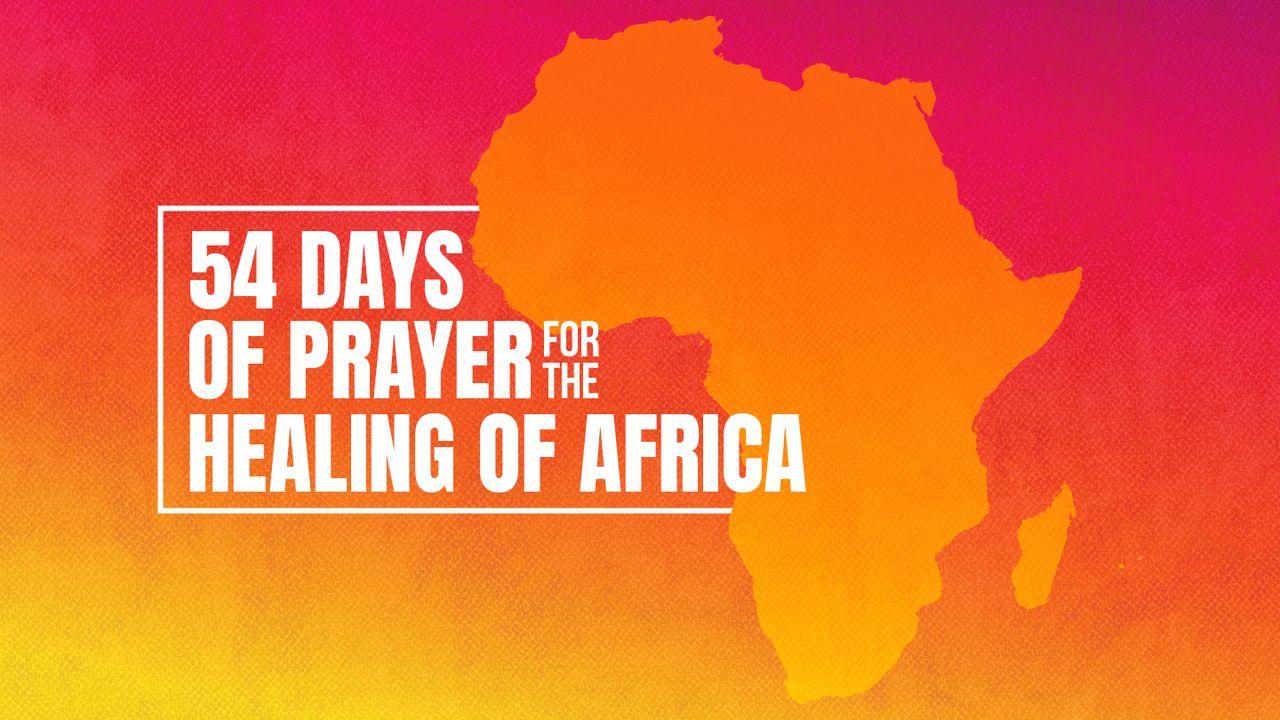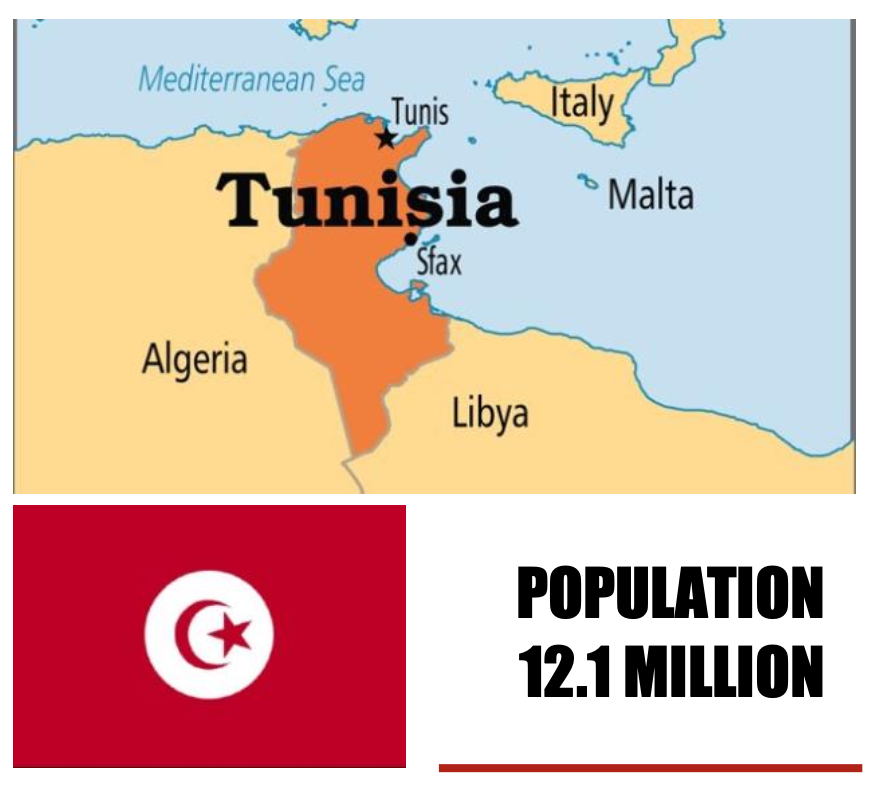54 Days of Prayer for the Healing of Africa预览

TUNISIA

COLONISED BY FRANCE (1881-1956) Modern Tunisians are the descendants of indigenous Berbers and of people from numerous civilizations that have invaded, migrated to and been assimilated into the population over the millennia. Recorded history in Tunisia begins with the arrival of Phoenicians, who founded Carthage and other North African settlements in the 8th century B.C. Carthage became a major sea power, clashing with Rome for control of the Mediterranean until it was defeated and captured by the Romans in 146 B.C. The Romans ruled and settled in North Africa until the 5th century, when the Roman Empire fell and Tunisia was invaded by European tribes, including the Vandals. The Muslim conquest in the 7th century transformed Tunisia and the makeup of its population, with subsequent waves of migration from around the Arab and Ottoman world, including significant numbers of Spanish Muslims and Jews at the end of the 15th century. It was a French protectorate from 1881 until independence in 1956 and retains close political, economic, and cultural ties with France. Tunisia’s economic growth historically depended on oil, phosphates, agri-food products, car parts manufacturing and tourism.
HOW DID CHRISTIANITY GET THERE? Christianity came to Tunisia during Roman rule. Church fathers – such as St Augustine, Tertullian and Cyprian – developed Christian theology in modern-day Tunisia, 2000 years ago. Tertullian stated, "The blood of the martyrs is the seed of the Church." In 203 A.D. Perpetua and Felicitas were among the first notable Christian women to be martyred in Tunisia for being Christian. Perpetua, a nursing mother, and Felicitas, an expectant mother, stood firm in their faith until they were killed in the gladiator arena in Carthage. Persecution of the church helped spread early Christianity in the region.
CHURCH TODAY: Approximately 99% of Tunisia's inhabitants identify themselves as Muslims. Christians face persecution from family and friends, and following Jesus risks their jobs and social stature, and exposes them to pressure from authorities. Of the 23 people groups in Tunisia, 14 have never heard the Good News.
PRAYER POINTS
- Pray for deep healing, repentance, restitution and restoration for the wounds caused by slavery and colonialism.
- Pray that God will raise up workers to reach the millions of unevangelised in Tunisia.
- Pray for the government to officially recognize the Tunisian church. Pray also for wise, righteous leaders to be raised up in government and all spheres of society. Pray for peace over Tunisia.
- Pray for God’s protection over the Tunisian Christians. Pray that God will give them His favour.
- Pray that the small church of Tunisia will fulfil Jesus’ prayer from John 17: to be one with Him, the Father and the Holy Spirit.
PERSONAL REFLECTION
WEEKLY WORLDWIDE MORAVIAN WATCHWORD
Ask the Lord to bless Tunisia and pray as the Holy Spirit leads you. Jesus said, "Sanctify them in the truth; Your word is truth." John 17:17
PRAYER
Lord, we come before Your throne today and like Peter, we profess our love for You. Help us dear Lord to feed Your lambs. Help us to remain faithful no matter the challenges we may face. Bless Your Church as we gather in Your Name. Amen.
读经计划介绍

With this reading plan, I want to invite you as an Ambassador of Reconciliation to pray with us for the beautiful continent of Africa. Our prayers are focused on the healing of Africa from the wounds caused by the devastating consequences of slavery, colonialism, exploitation, and racism through the centuries.
More


